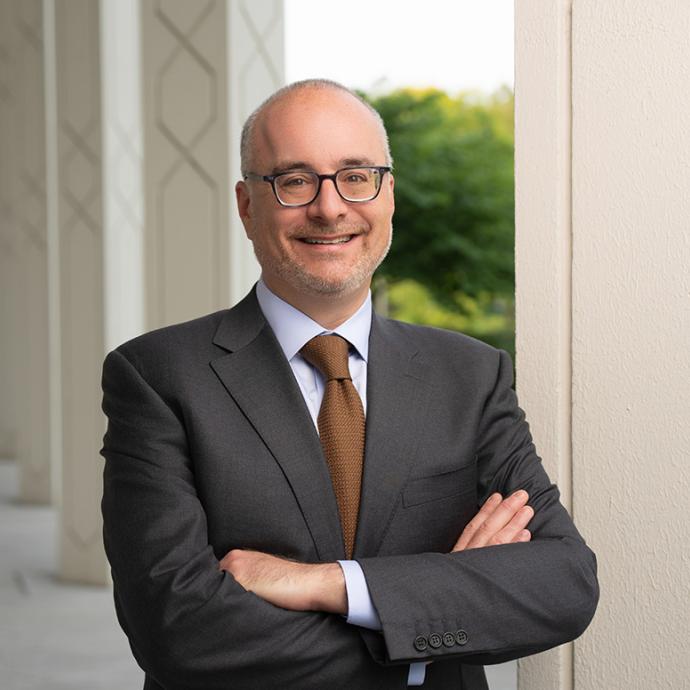Paid sick leave is a benefit prized by American workers but frequently missing on the job - a situation that leads to serious consequences, a new study released Monday by the National Opinion Research Center at the University of Chicago shows.
The study found about one in three working Americans does not have paid sick leave, and that nearly one in six people lost their job for taking time off to deal with a personal or family illness.
In the survey, commissioned by the Public Welfare Foundation in Washington, D.C., researchers also found that three out of four respondents consider paid sick days a basic workers' right, and an equal amount think employers should be required to provide the benefit.
"Americans overwhelmingly view paid sick days as a basic labor standard," said Tom W. Smith, a Senior Fellow at the National Opinion Research Center at the University of Chicago and director of the study, "Paid Sick Days: Attitudes and Experiences."
Those surveyed favored seven sick days per year for employees, with part-time workers earning sick days proportionate to their time working.
"What was so striking about the findings was that a strong majority of people across in every racial group, every income level, every age group, every part of the country and both political parties see paid sick days as a basic worker right, just like being paid a decent wage," said Deborah Leff, president of the Public Welfare Foundation.
"We know that more than 40 million working Americans do not get even one paid sick day. And we can see from this survey that not having paid sick days drives up the costs of health care and means that more people go to work sick, creating public health risks for everyone," she added.
Among other findings from the survey:
- 55 percent of those without paid sick day coverage have gone to work with a contagious disease such as the flu, compared to 37 percent of those with paid sick days.
- 20 percent of those without paid sick day coverage used the emergency rooms of hospitals because they couldn't take time off, compared to 10 percent of the covered population.
- 24 percent of those without sick day coverage sent a sick child to school, compared to 14 percent with coverage.
Workers' enthusiasm for sick leave predicts their support for people running for office, the survey found. "By a margin of 33 percentage points, voters were more likely to support a candidate who favored paid sick days," Smith said. "In contrast, supporting an exemption for smaller employers is a negative for political candidates."
When presented with arguments for or against paid sick leave, people consistently said they found pro-sick leave arguments more convincing. Although majorities of all groups surveyed backed paid sick leave, support was strongest among women, low-income workers, those with less education, African Americans and Democrats, the study found.
The survey also found that paid sick leave is less common for workers than other benefits. About 64 percent of workers report they are eligible for sick days, compared to 81 percent who have health insurance through work, 72 percent who have dental insurance, 68 percent who have life insurance and 67 percent who have pensions.
The survey was conducted in spring 2010 and included phone calls to 1,461 randomly selected people.










 —Prof. Kunle Odunsi
—Prof. Kunle Odunsi
